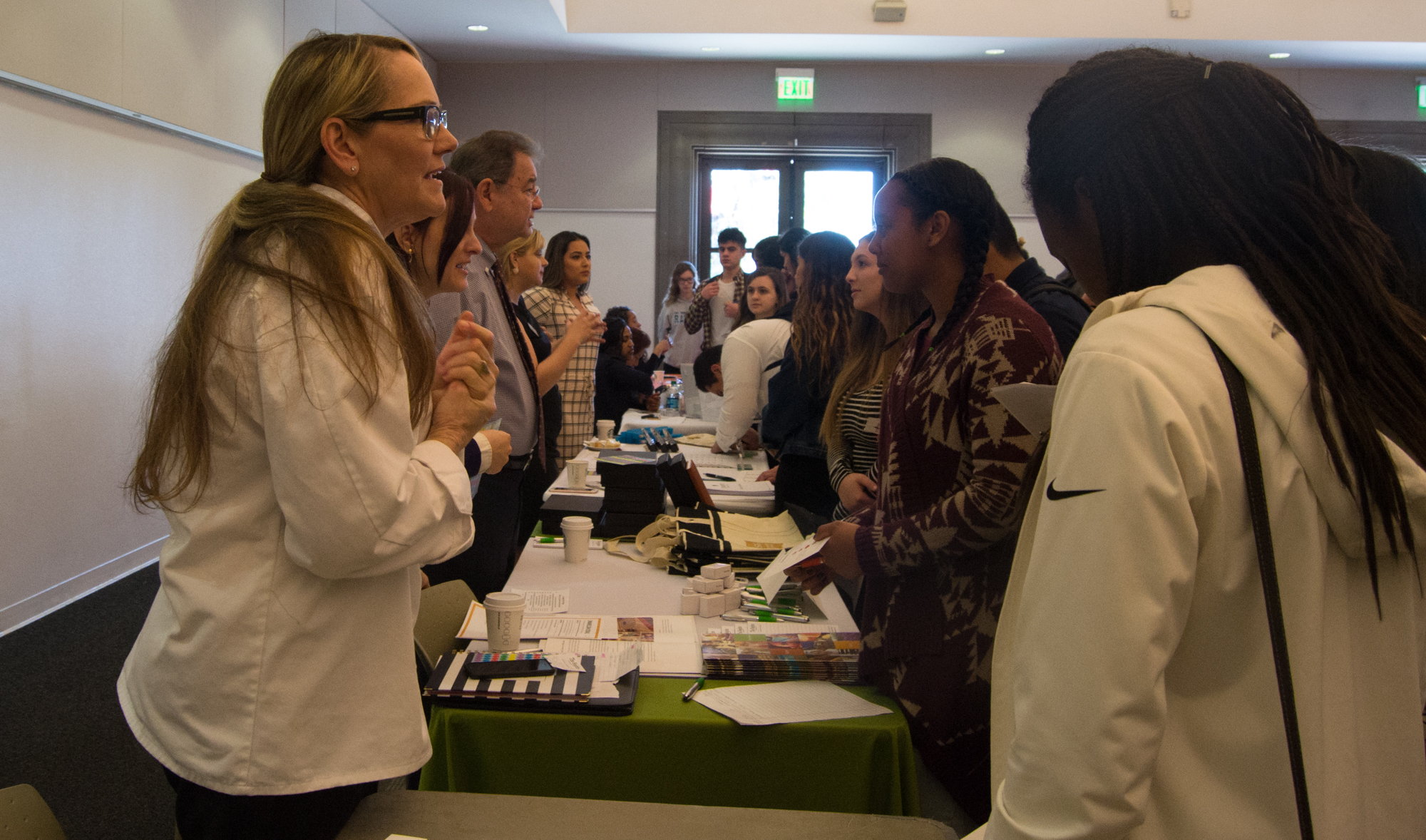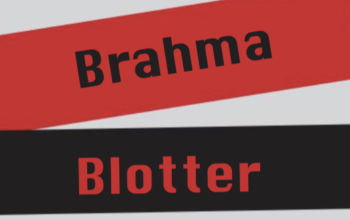
The $19 million grant awarded to the nine colleges in the Los Angeles Community College District ends March 31 with uncertainty about whether the courses it funded will continue.
The grant was funded by the Department of Labor to implement a core science curriculum, according to the Program Director of Los Angeles Healthcare Competencies to Careers Consortium (LAH3C) Maria Calpito. Pierce College added four healthcare occupation courses (HOCS) funded by the grant.
“These four courses are the fundamental, foundational competencies that students would be exposed to if they want to go into the healthcare field,” Calpito said.
The course names are HOC62 Skillsets for the Healthcare Professional, HOC63 Basic Medical Terminology, HOC64 Cultural and Legal Topics and HOC65 Fundamentals for the Healthcare Professional.
Originally, Los Angeles Trade Tech College applied for the grant to help increase the chances of students finding employment within healthcare industries.
“For the next 20 years, there are going to be a lot of jobs available,” said Richard Mellinger, the Pierce College director of LAH3C. “It’s training students in competencies and developing the curriculum that addresses all of the things that the employers are asking.”
The Healthcare Job Fair last Wednesday at Pierce was the last event funded by the LAH3C grant. It brought in guest speakers from various jobs in the medical field. Students were exposed to different directions they could take when going into healthcare careers.
“We want to make sure that you are aware of all the different types of healthcare opportunities that are out there, especially for our students in the LAH3C program,” said the Counselor of Economic and Workforce Development David Turcotte.
Pierce benefitted a little over 1 million dollars from the grant, according to Mellinger. It funded courses, resources and healthcare exploration events.
“There’s been over $100,000 spent on the nursing program, enhancing their simulation lab and restoring their DVD library,” Mellinger said. “For the Kinesiology 117 program, we brought in models and we helped pay for textbooks so the students can train to take the exam to become certified personal trainers.”
The end of the three-year LAH3C grant term does not necessarily mean the added courses will also go away.
“I’m not sure about Pierce, but all these other colleges are going to continue to offer those courses,” Calpito said. “I know Pierce is trying to do that, but they just need to figure out where it’s going to fit in with the health-science curriculum.”
Calpito said that some things to consider are how much the courses impacted the student population and how effective the courses were.
“The decisions have to be made if it does have validity. Does it have the necessity to serve the student population here,” Mellinger said. “If it does, then we’ll probably take it on. If it doesn’t, then it may have to be a nice experiment.”
Pierce will continue to host events like this last one; however, those will likely be directly funded by the school, Turcotte said.
“I just encourage more students to take advantage of these events and opportunities, because a lot of times, we think healthcare is just nursing or medical assistants,” Turcotte said. “There’s so many things that our students can do that are valuable high-paying positions that we want exposed. This is the kind of event that does that.”



